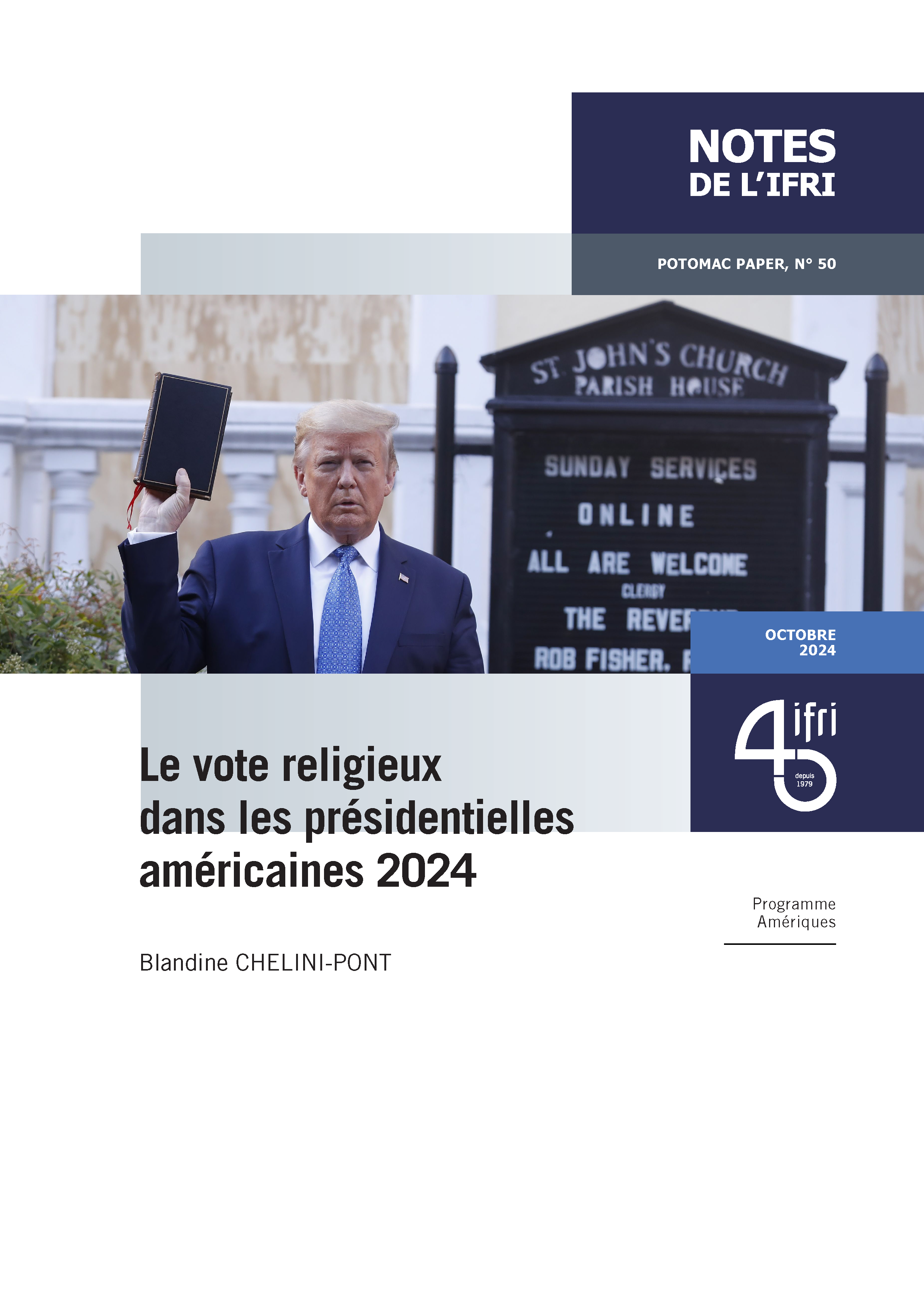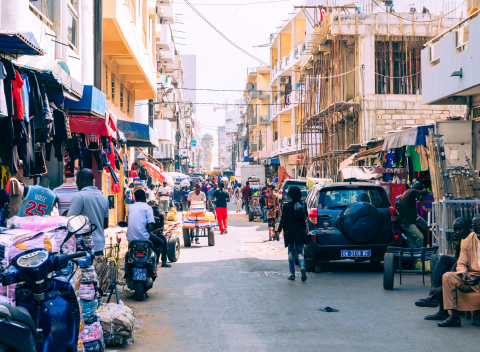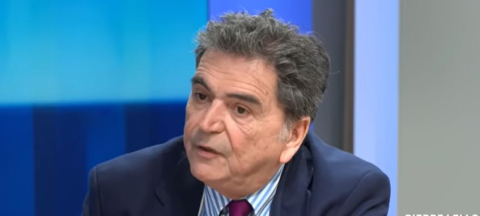South Africa: 20th Anniversary of Freedom and the General Elections of 2014

Informations pratiques
Thématiques et régions
Centres et programmes liés
Les inscriptions pour cet événement sont closes.
En savoir plus sur nos programmes de soutien
This conference is jointly organized by the South African Institute of International Affairs (SAIIA), the French Institute in South Africa (IFAS), and the French Institute of International Relations (Ifri). It is part of the South Africa - France Seasons 2012 & 2013, www.france‐southafrica.com.
Despite a very intricate context at the end of apartheid, South Africa was successful in its transition through the iconic figure of Nelson Mandela and on the basis of a liberal and progressive Constitution. Today, while the country is widely recognized as a stable democracy and economy, South Africa is still facing important challenges such as the persistence of strong inequalities, unemployment and, consequently, social tensions. In this regard, it is necessary to consider the existence of noticeable opposition among political parties and civil society.
On the international scene, even if the country"s influence must be seen in the light of its achievements in a very competitive context, the role of South Africa as a mediator in numerous African conflicts, the recent election of Nkosazana Dlamini-Zuma as Chairperson of the African Union Commission, or the affiliation to the BRICS group are all signs of South Africa"s assertion as an emerging power.
A few months before the general elections and after two decades of democracy and freedom, 2014 can be viewed as a turning point for South Africa. With the participation of specialists from the best universities and think tanks in South Africa and France, this conference will present an overview of the social, economic and political context of the country, and discuss its contemporary challenges.
Provisional Agenda
9:00-9:30 Introduction
Dominique David, Vice-President, Ifri
Dolana Msimang, Ambassador of South Africa in France
Laurent Clavel, General Commissionner of the South Africa - France Season 2013
Véronique Vouland-Aneini, Deputy Director for Africa and Indian Ocean, French Ministry of Foreign Affairs
9:30-11:00 Roundtable I: State of the Nation: Economy, Politics and Society
Chair: Jens-Christian Høj, Senior Economist on South Africa, Economics Department, OECD, Paris
Anthony Butler, Professor at the Department of Political Studies, University of Cape Town
Raphaël Botiveau, University of Paris 1 Pantheon Sorbonne, Paris
Seeraj Mohamed, Director of Corporate Strategy and Industrial Development and Senior Lecturer, University of the Witwatersrand, Johannesburg
11:30-1:00 pm Roundtable II: South Africa on the International Scene, New Horizons?
Chair: Hélène Quénot-Suarez, Research Fellow, Ifri, Paris
Alfredo Tjiurimo Hengari, Head of the South African Foreign Policy and African Drivers Programme, South African Institute of International Affairs, Johannesburg
Thierry Vircoulon, Associate Research Fellow, Ifri, Paris
Thomas Wheeler, former Ambassador of South Africa (1961-2003), Research Associate, South African Institute of International Affairs, Johannesburg
1:00-1:30 pm Conclusion
Please note that this conference may be recorded
and videos may be posted on our website.
Replay
Sujets liés
Autres événements
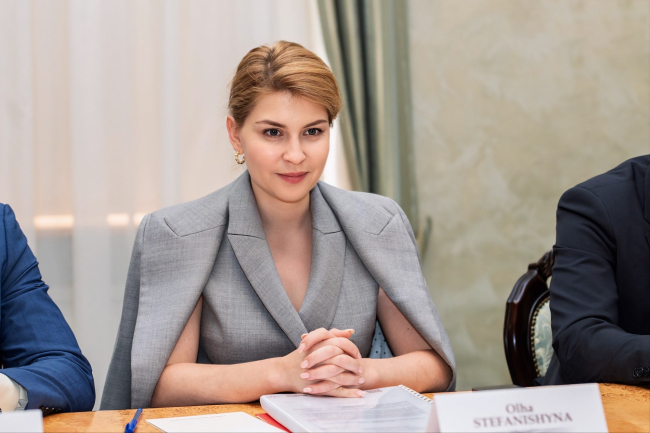
Entre guerre et réformes : quelles perspectives d’adhésion de l’Ukraine à l’UE et à l’OTAN ?
Conversation exclusive avec Olha Stefanishyna, vice-Première ministre d’Ukraine pour l’intégration européenne et euro-atlantique et ministre de la Justice.

Moyen-Orient : quel équilibre des forces ?
Après l'attaque du 7 octobre 2023, les réactions et les ambitions stratégiques des principaux acteurs – Israël, Hamas, Hezbollah - et de leurs alliés respectifs, au premier rang les Etats-Unis et l’Iran, exacerbent les tensions.
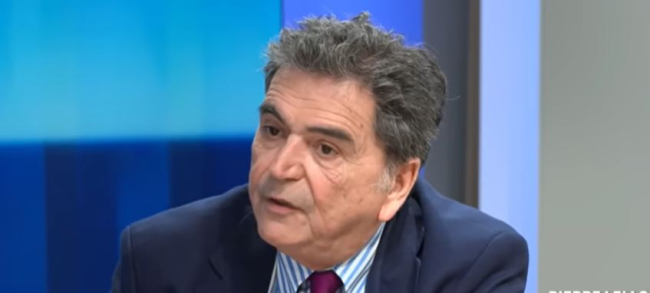
Petit-déjeuner débat avec Pierre Lellouche, ancien ministre, membre du Conseil stratégique de l'Ifri
Échange autour du livre de Pierre Lellouche "Engrenages. La guerre d'Ukraine et le basculement du monde", Paris, Odile Jacob, 2024.
Débat présidé par Thierry de Montbrial, président de l'Ifri, membre de l'Académie des Sciences morales et politiques


